SUMMARY
This is AI generated summarization, which may have errors. For context, always refer to the full article.
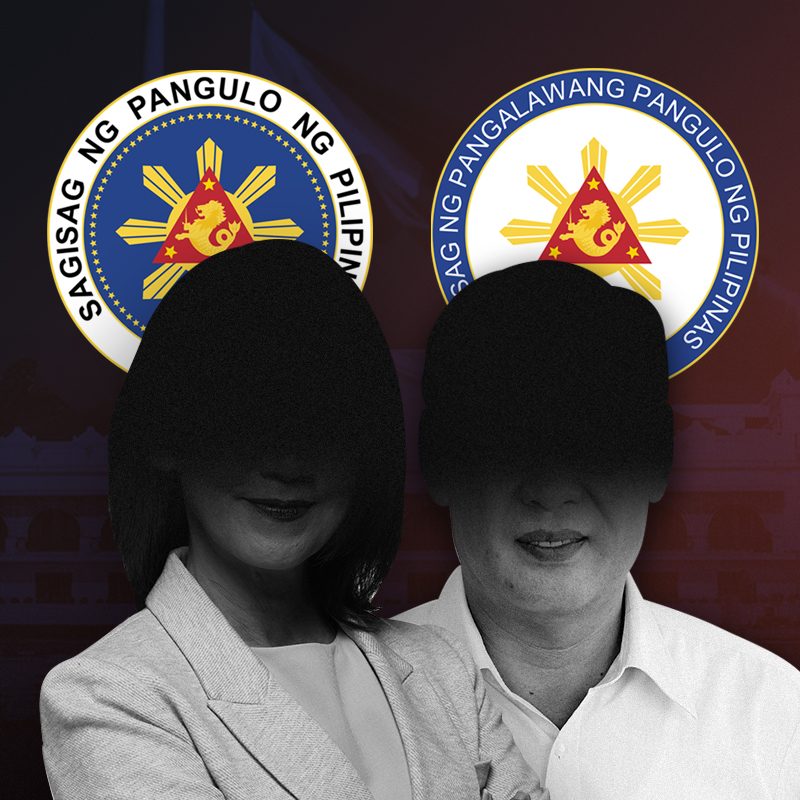
President
Term of Office
- 6 years, starting at noon of June 30 immediately following election day
- Not eligible for reelection
Qualifications
- Natural-born Filipino
- Registered voter
- Able to read and write
- 40 years old by the day of election
- Resident of the Philippines for 10 years before election
- Must not have succeeded as president and held that office for more than 4 years
Powers and Responsibilities
- Create issuances (executive orders, administrative orders, proclamations, memorandum orders, memorandum circulars, and general or special orders)
- Appoint heads of executive departments, ambassadors, military officials (rank colonel or naval captain and above), members of the Judicial and Bar Council, members of the Supreme Court and lower courts, and chairpersons of the constitutional commissions (Civil Service Commission, Commission on Elections, Commission on Audit)
- Appoint undersecretaries and assistant secretaries of executive departments, upon the nomination of the secretary of each department
- Appoint directors and assistant directors of bureaus, regional and assistant regional directors, department service chiefs, or any equivalent positions as stated in the Constitution and the Administrative Code of 1987
- Head the National Security Council
- Supervise all local governments
- Act as Commander-in-Chief of the Armed Forces of the Philippines
- Suspend the privilege of the writ of habeas corpus, but only to persons charged with rebellion or directly connected with invasion
- Place the whole or part of the Philippines under martial law, upon the approval of Congress
- Grant reprieves, issue pardons, or remit fines/forfeitures after a judgement has been passed
- Grant amnesties with the concurrence of a majority of all the members of the Congress
- Contract or guarantee foreign loans on behalf of the country, with the approval of the Monetary Board
- Certify the necessity of the enactment of a legislative bill to meet a public calamity or emergency
- Approve or veto all bills passed by Congress
- Veto any item in an appropriation, revenue, or tariff bill
- Submit a budget of expenditures and sources of financing to Congress as a basis for the general appropriations bill
- Address Congress before or during the opening of its regular session
- Deport or decide the non-immigrant status of foreigners in the Philippines
- Direct the Solicitor General to acquire private property for public use (eminent domain)
- Direct the Solicitor General to acquire properties from deceased persons who have left no will and do not have any legal heirs
- Direct the Solicitor General to recover the ill-gotten wealth of public officials or employees
Succession
If the president’s office is vacated due to death, permanent disability, removal from office, or resignation, the following persons will assume the office until a new president is elected:
- Vice president
- Senate president
- Speaker of the House of Representatives
Sources: 1987 Constitution of the Republic of the Philippines; Administrative code of 1987 (EO 292 1987)
Vice President
Term of Office
- 6 years, starting at noon of June 30 immediately following election day
- Eligible for 1 reelection
Qualifications
- Natural-born Filipino
- Registered voter
- Able to read and write
- 40 years old by the day of election
- Resided of the Philippines for 10 years before elections
Powers and Responsibilities
- Assume the position of the president in the event that the office becomes vacant
- Can be a member of the president’s Cabinet without confirmation from the Commission on Appointments
- Serve as an executive committee member in the National Security Council
Succession
- Once the elected vice president assumes the presidency, he/she nominates a replacement VP with the approval of the Commission on Appointments
Sources: 1987 Constitution of the Republic of the Philippines; Administrative code of 1987 (EO 292 1987)
– Research by Dylan Salcedo/Rappler.com
Read the other articles in this series:
- Powers and Duties: Senator in the Philippines
- Powers and Duties: District Representative, Party List Representative in the Philippines
- Powers and Duties: Provincial Governor, Vice Governor, Board Member in the Philippines
- Powers and Duties: City Mayor, Vice Mayor, Councilor in the Philippines
- Powers and Duties: Municipal Mayor, Vice Mayor, Councilor in the Philippines
Add a comment
How does this make you feel?
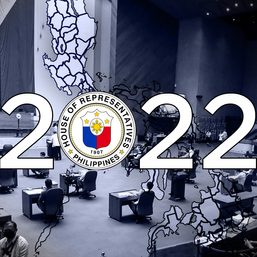
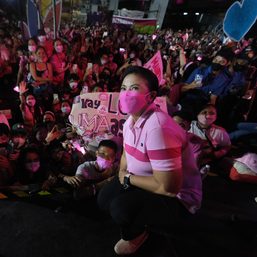






![[New School] Tama na kayo](https://www.rappler.com/tachyon/2024/02/new-school-tama-na-kayo-feb-6-2024.jpg?resize=257%2C257&crop=290px%2C0px%2C720px%2C720px)
![[Only IN Hollywood] After a thousand cuts, and so it begins for Ramona Diaz and Maria Ressa](https://www.rappler.com/tachyon/2024/02/Leni-18.jpg?resize=257%2C257&crop=262px%2C0px%2C720px%2C720px)

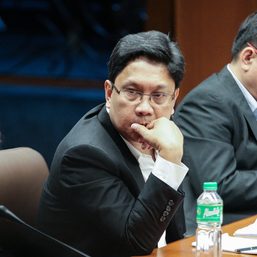
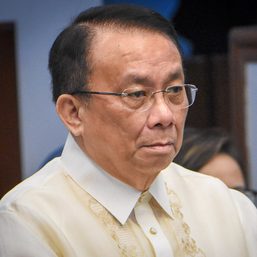
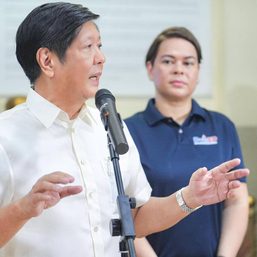
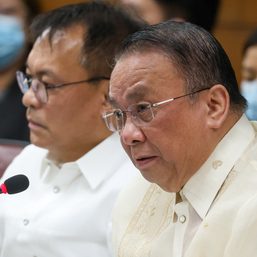
![[The Slingshot] Red zipper on the mouth of Sara Duterte](https://www.rappler.com/tachyon/2024/04/TL-red-zipper-sara-duterte-april-12-2024.jpg?resize=257%2C257&crop=335px%2C0px%2C720px%2C720px)
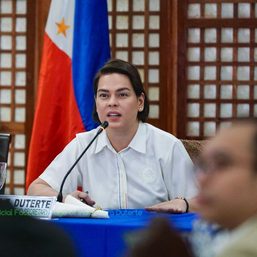
![[OPINION] Sara Duterte: Will she do a Binay or a Robredo?](https://www.rappler.com/tachyon/2024/03/tl-sara-duterte-will-do-binay-or-robredo-March-15-2024.jpg?resize=257%2C257&crop_strategy=attention)


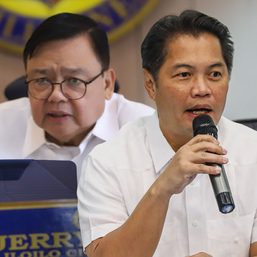
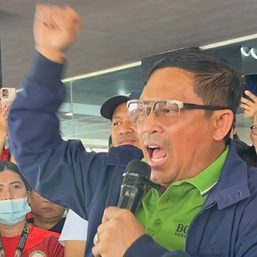
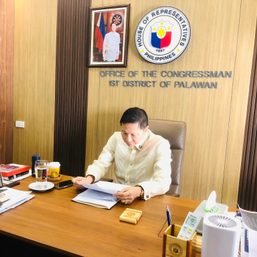
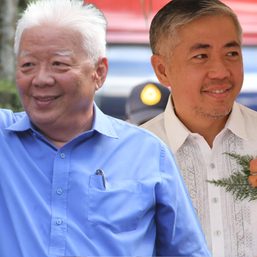

There are no comments yet. Add your comment to start the conversation.